Growing rosa brunonii from seed
true_blue
9 years ago
Related Stories
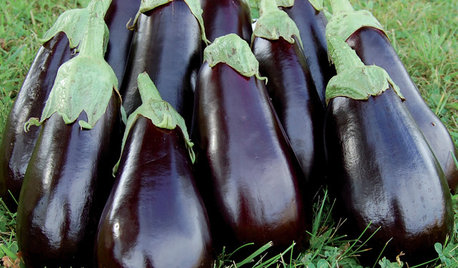
SUMMER FRUITS AND VEGETABLESHow to Grow Eggplant at Home
Plant glossy purple eggplant as much for its beauty in the garden as its flavor on the plate
Full Story0
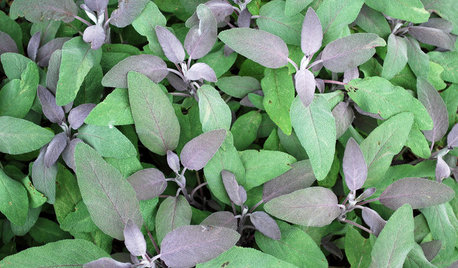
EDIBLE GARDENSHerb Garden Essentials: Grow Your Own Culinary Sage
Fill in your garden with this drought-tolerant perennial that’s flavorful and deer resistant
Full Story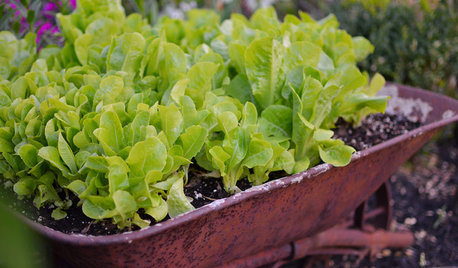
GARDENING GUIDESYes, You Can Grow Food in a Shady Yard
Your shady garden doesn’t have to be forever barren. Berries, herbs and other shade-loving plants can produce a delicious bounty
Full Story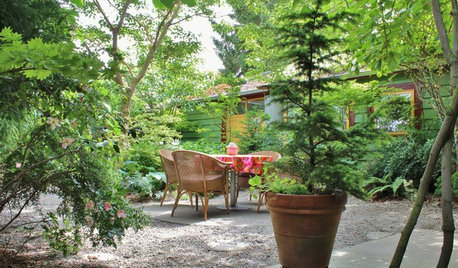
INSPIRING GARDENSFrom Concrete Lot to Gracious Organic Garden in Seattle
Plants, pests and even weeds have a place in this landscape, which offers an edible bounty and a feast for the eyes
Full Story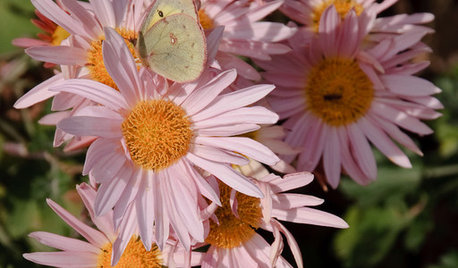
GREAT LAKES GARDENINGGreat Lakes Gardener's November Checklist
So many seed heads and berries to admire as you prepare for winter and prep bulbs for forced indoor blooming
Full Story0
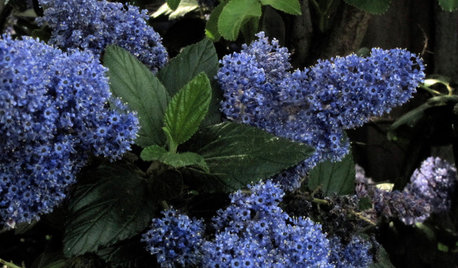
GARDENING GUIDES10 Top California Native Plants, Trees and Grasses
Enjoy a fuss-free, water-wise garden in the Golden State by growing plants naturally in tune with the climate and wildlife
Full Story
GARDENING GUIDES8 Flowers That Dazzle With Fall Color
From flaming orange to supersaturated purple, these blooming beauties will set your fall garden ablaze with vivid hues
Full Story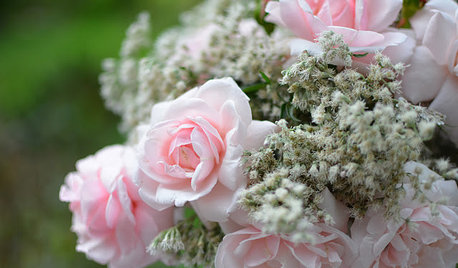
GARDENING GUIDESMid-Atlantic Gardener: What to Do in July
Seedpods, herbs and flowers galore take center stage in the garden this month
Full Story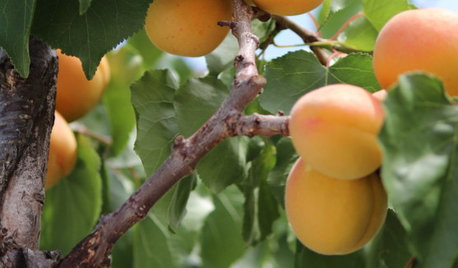
FARM YOUR YARDIf You Have Room for Only One Fruit Tree ...
Juice up a small garden with one of these easier-care or worth-the-effort fruit trees for a mild climate
Full Story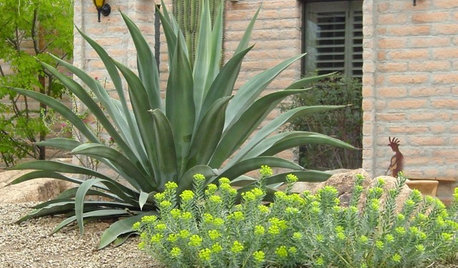
GARDENING GUIDESHow to Spot a Drought-Tolerant Plant
Label? Who needs a label? Learn the characteristics of plants that can thrive in hot, dry conditions to help you pick the right ones
Full Story









mendocino_rose
seil zone 6b MI
Related Professionals
Barrington Hills Landscape Architects & Landscape Designers · La Marque Landscape Architects & Landscape Designers · New Mexico Landscape Architects & Landscape Designers · Signal Hill Landscape Architects & Landscape Designers · Cliffside Park Landscape Contractors · Danvers Landscape Contractors · Quartz Hill Landscape Contractors · Bensenville Landscape Contractors · Eastvale Swimming Pool Builders · Golden Glades Swimming Pool Builders · Sacramento Swimming Pool Builders · Annapolis Siding & Exteriors · Honolulu Siding & Exteriors · Massapequa Siding & Exteriors · Poway Siding & Exteriorstrue_blueOriginal Author
henry_kuska
mendocino_rose
true_blueOriginal Author
henry_kuska
true_blueOriginal Author
ogroser